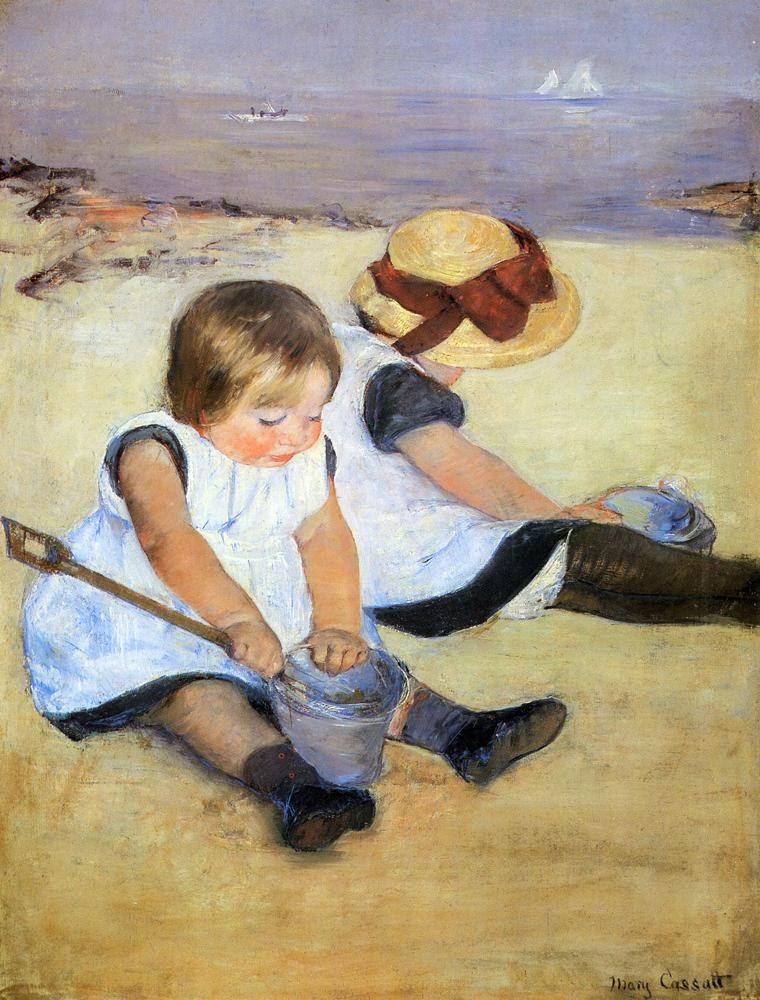 |
| Tea by Mary Cassatt |
Another fine piano piece by Frederic Chopin - Variations on a German Theme.
This piece is much happier than last week's sad piece....
Here is a link to a couple of paragraphs describing the writing of this piece of music. Chopin was young - only 16 when he wrote it. Variations on a theme take a basic melody and write it up with different flavors or styles. See if you can trace the basic melody through it's various themes. Which part do you like best?
Another beautiful poem by William Wordsworth - I love his vivid portrayals of nature and rich vocabulary.
A Night-Piece
The sky is overcast
With a continuous cloud of texture close,
Heavy and wan, all whitened by the Moon,
Which through that veil is indistinctly seen,
A dull, contracted circle, yielding light
So feebly spread, that not a shadow falls,
Chequering the ground--from rock, plant, tree, or tower.
At length a pleasant instantaneous gleam
Startles the pensive traveller while he treads
His lonesome path, with unobserving eye
Bent earthwards, he looks up--the clouds are split
Asunder,--and above his head he sees
The clear Moon, and the glory of the heavens.
There, in a black-blue vault she sails along,
Followed by multitudes of stars, that, small
And sharp, and bright, along the dark abyss
Drive as she drives: how fast they wheel away,
Yet vanish not!--the wind is in the tree,
But they are silent,--still they roll along
Immeasurably distant; and the vault,
Built round by those white clouds enormous clouds,
Still deepens its unfathomable depth.
At length the Vision closes; and the mind,
Not undisturbed by the delight it feels,
Which slowly settles into peaceful calm
Is left to muse upon the solemn scene.



